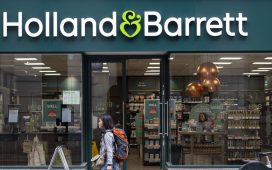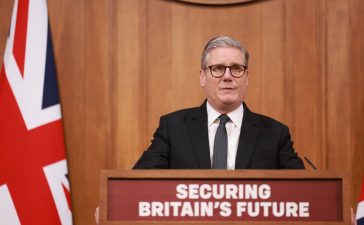Inflation is down. The rate of annual price rises fell to 4.6% in October, from double digits back in March. As Rishi Sunak reminds us, inflation has been halved. Some Conservatives may wonder why they’re not getting much credit: Labour’s poll lead has not dropped during 2023. It shouldn’t.
Lower inflation means lower price rises, not lower prices. Our latest Resolution Foundation survey of the British public found that almost four in 10 think their financial situation has got worse since the summer – twice the share who think that it has improved.
Things aren’t as grim as last autumn. Then, 30% of the country was facing food insecurity, unable to afford to eat properly. But 22% are still food insecure – three times what we used to see pre-pandemic. Last week, the energy regulator announced that household energy bills would rise to help pay for … the increase in households unable to pay their energy bills.
There is good news – wages are at last rising faster than prices. But something else is rising: housing costs. Over two in five of us have seen a recent rise – more than at any point in the past decade. This is the new cost of living frontline.
Renters are the most likely to be affected (43% and 54% for private and social renters respectively v 35% of mortgagors). But mortgagors who are hit are seeing the biggest cost increases – averaging 23% over the last year as against 7% for private renters.
Everyone faced rising energy and food bills, but the impact of rising housing costs will be very uneven. Worst off are those not seeing the good rise (wages) but facing the bad one (housing costs) – while older households who already own outright are least affected. The cost of living crisis isn’t over, it’s evolving.











